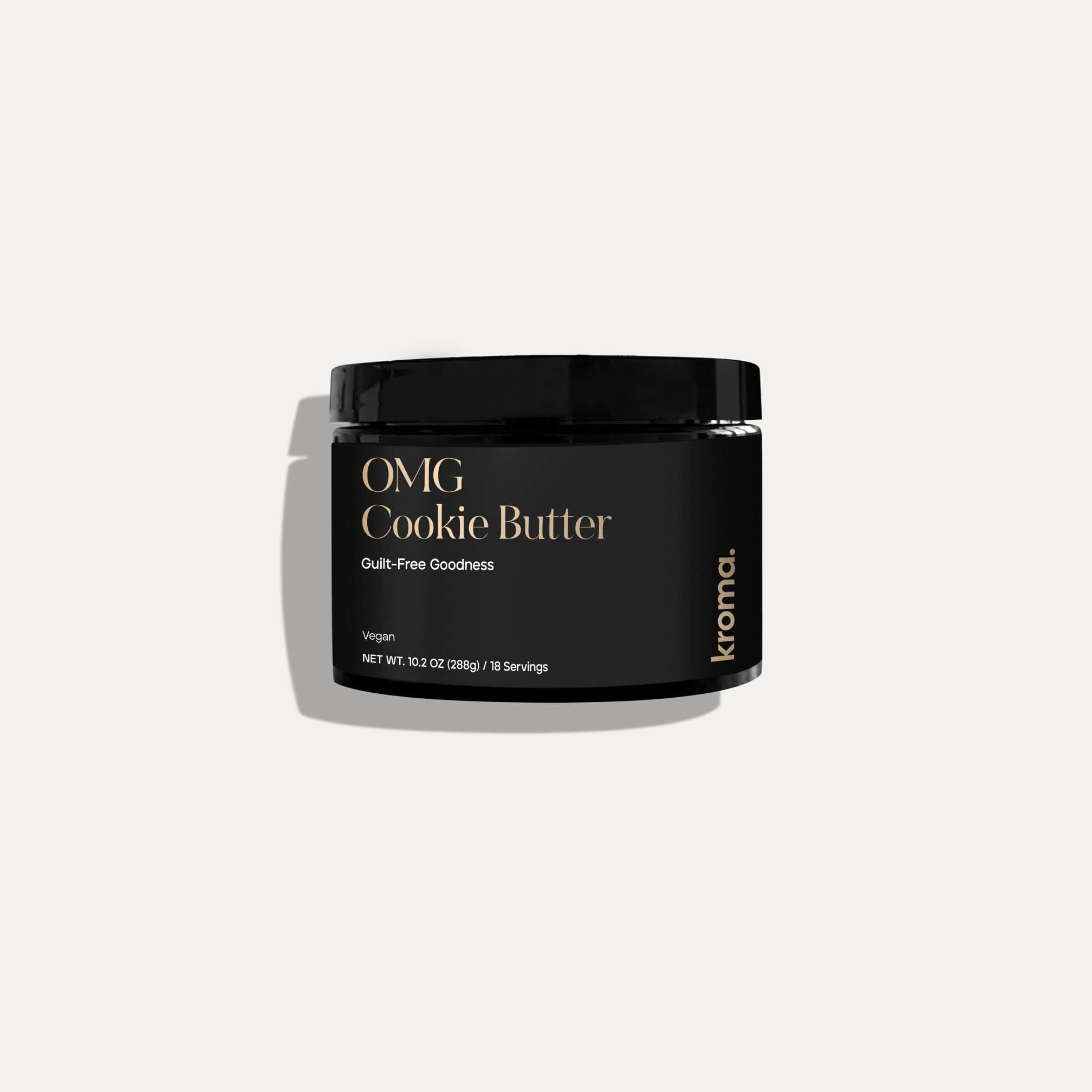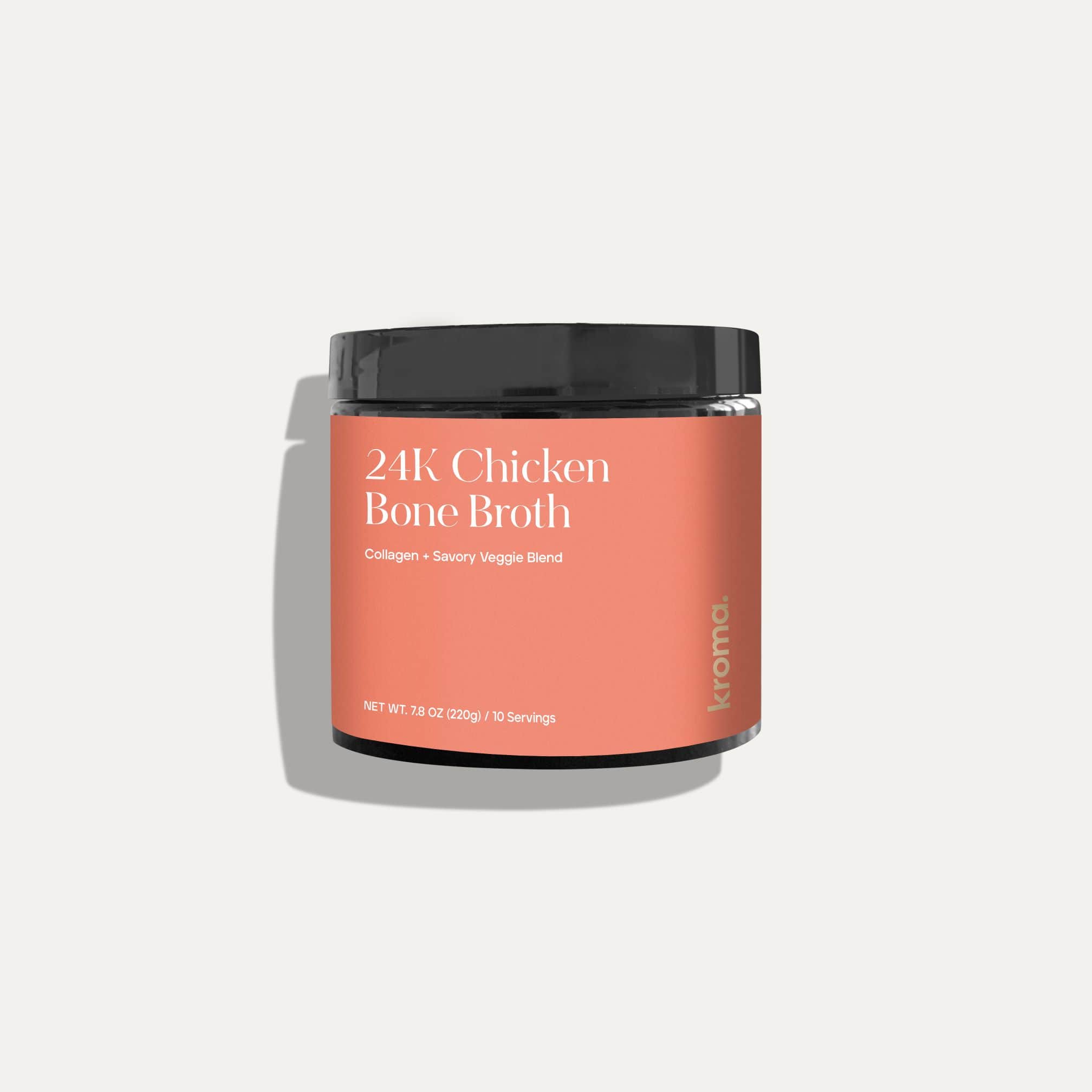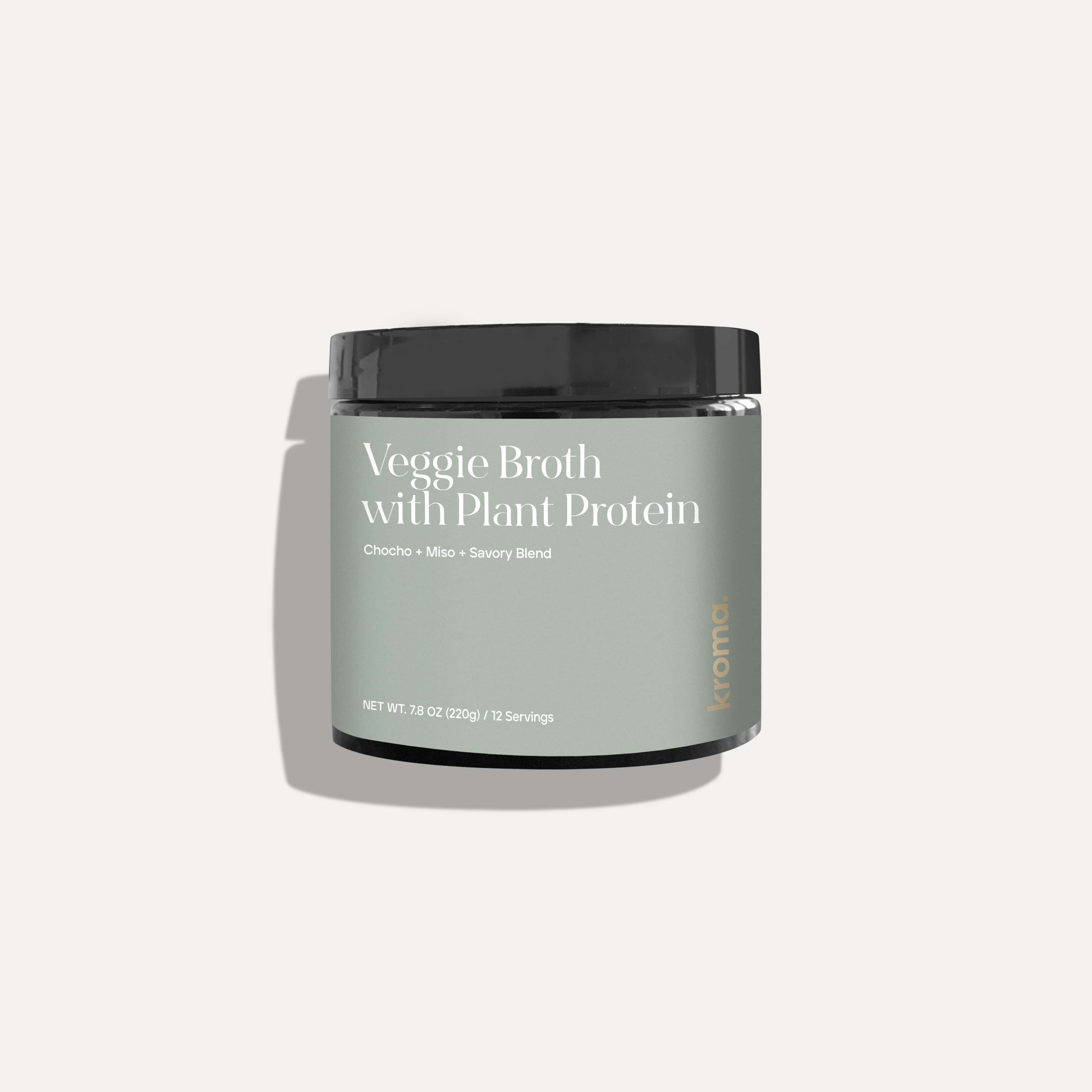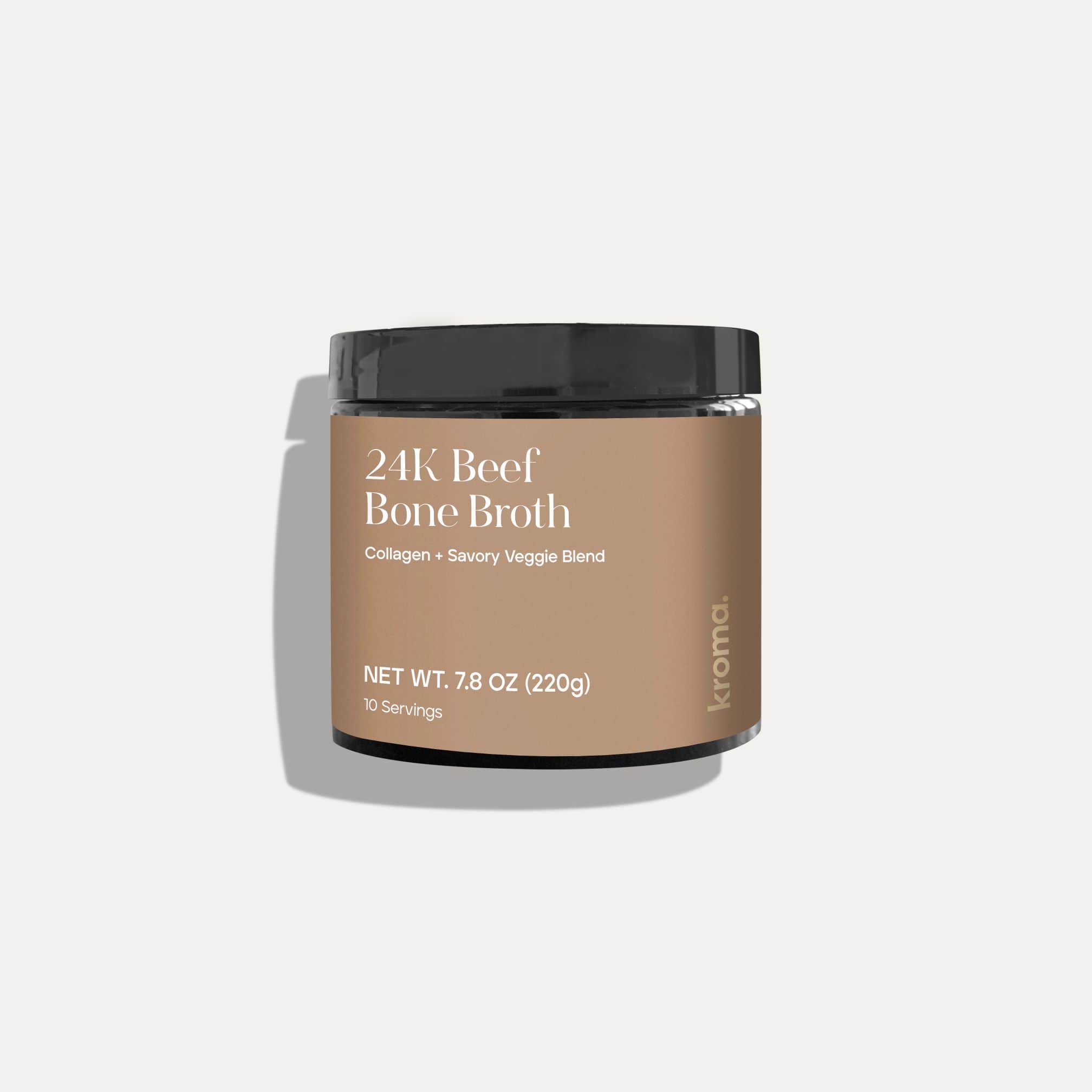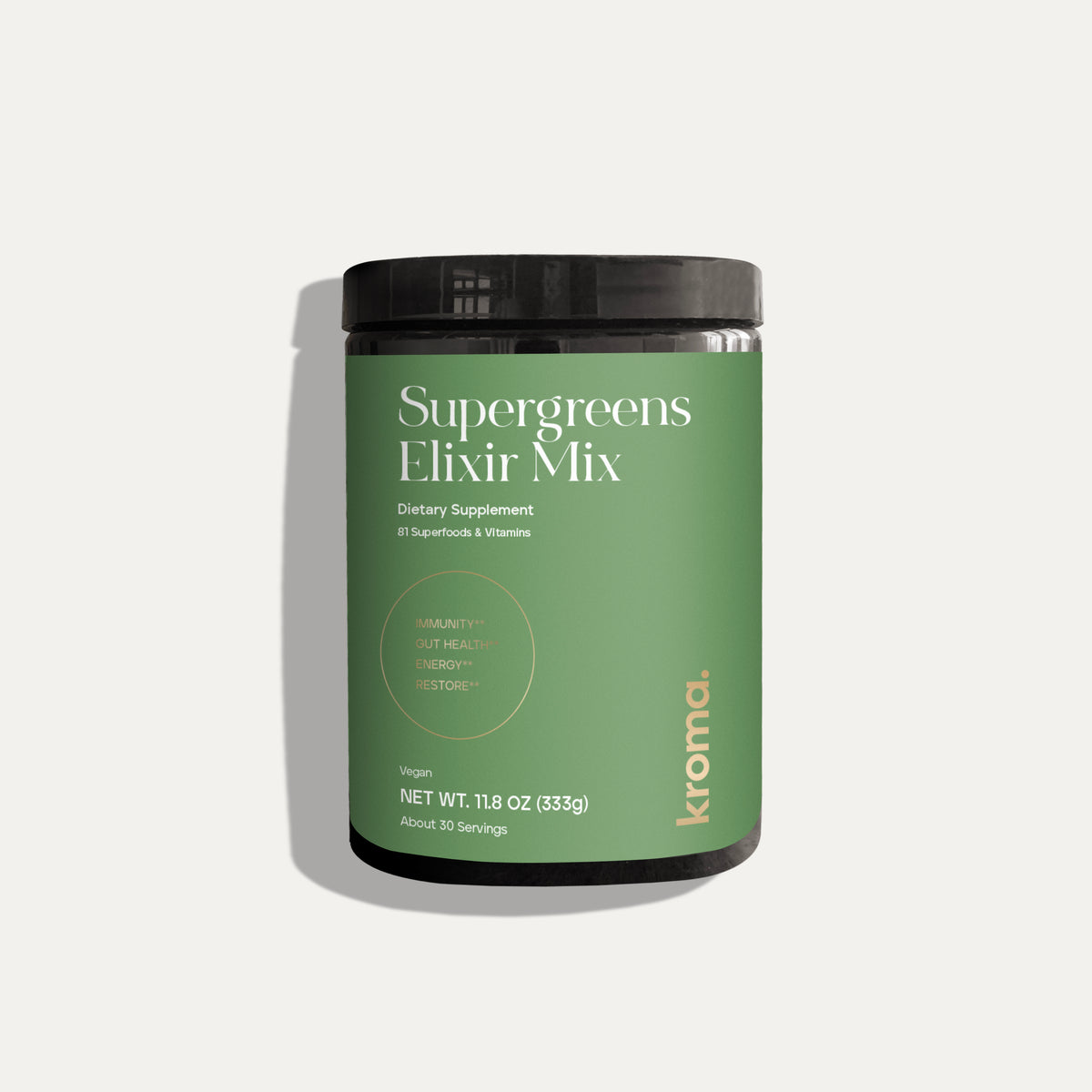Mediterranean Diet vs. Keto
What’s the Difference?
The Mediterranean diet and keto diets are both popular for many reasons; both can support heart health, aid in weight loss efforts, and center good fats at the core of their diets. This article gives you a comprehensive overview of the Mediterranean and keto diets, what makes each of them distinct, and how they can support your wellness.
What Is the Mediterranean Diet?
The Mediterranean diet gets its name from the regions bordering the Mediterranean Sea: Italy, Greece, Spain, and Portugal.
Why? Because historically, these countries have prioritized diets that primarily revolve around being plant-based. Whole grains, vegetables, nuts, seeds, legumes, and spices are foundational elements of this diet, with olive oil providing one of the main sources of fat.
What Does a Mediterranean Diet Look Like?
The Mediterranean diet builds meals around fresh vegetables, healthy fats, and moderate protein intake. Veggies, whole grains, and beans comprise the majority of the diet, with fresh fish being consumed a few times per week.
Olive oil is the real star of the Mediterranean diet, being used as an alternative to butter and incorporated generously throughout much of the diet. Instead of focusing on sugar after dinner, bringing in fresh fruit as an alternative is important.
What Are the Health Benefits of the Mediterranean Diet?
There are a number of benefits of the Mediterranean diet, ranging from supporting weight loss efforts to cardiovascular and cognitive support.
Cardiovascular Support
Because the Mediterranean diet embraces monounsaturated fats (instead of saturated fats), the overall diet can support your heart health. Eliminating saturated fats, like butter, from your diet can potentially also reduce your risk for cardiovascular issues.
Cognitive Support
Healthy fats, such as olive oil, can support your brain as you age. Specifically, by eliminating foods that are high in sugar and unnecessary fats and prioritizing whole foods and complex grain sources, you’re building heart-healthy support systems through your diet.
Aids Weight Loss Efforts
The Mediterranean diet can support weight loss efforts in that it is a diet revolving primarily around fresh vegetables, whole grains, and diverse protein sources. Make it easy. Begin with 24K Chicken Bone Broth. Then load it up with your favorite fresh veggies for a convenient way to stick to your weight loss goals without losing flavor.
With the elimination of saturated fats and foods with high sugar content, your body is likely to respond in kind.

What’s the Best Way To Eat a Mediterranean Diet?
The best way to eat a Mediterranean diet is with fresh ingredients. So much of this diet was developed across countries that relied — and still do — on farming, fishing, and fresh vegetables. When building out the Mediterranean diet for yourself, consider what access you have to the freshest ingredients and stick to whole foods.
What Is the Keto Diet?
The keto diet is a lifestyle shift that involves shifting the way your body burns fuel. When you shift how your body burns fuel, that, in turn, changes how your body burns fat. The keto diet is all about embracing good fats and encourages that fat to comprise around 80% of your daily nutritional intake.
With healthy fats being the priority, you might be wondering how protein and carbohydrates stack up. Well, the keto diet does not revolve around carbohydrates and encourages a mild to minimal amount of carbohydrates and a medium amount of protein intake. Since the ketogenic diet is mainly focused on transitioning your body from a state that burns glucose, or sugar, to one that burns fat, this diet is all about removing sugars and introducing fat.
How does your body transition from a system that burns glucose to one that burns fat? The answer is ketosis. Ketosis is a state in which your body starts to burn fat, in the process breaking that fat down into a ketone. Once broken down into a ketone, your body uses that as a means of energy. Resultantly (and perhaps unsurprisingly), you lose weight when your body starts to burn more fat.
What Does a Keto Diet Look Like?
A keto diet can look like many things, depending on your specific restrictions and needs in addition to the guidelines of a keto diet. Generally, a keto diet consists of a high amount of fat, a moderate amount of protein, and little-to-no carbohydrates. Our Superfood Creamer is a perfect low-carbohydrate and low-sugar option for those of you dreading giving up your sweet morning caffeine routine.
The reason that carbohydrates are virtually eliminated from the keto diet is that the goal of keto is to keep your body in a state of ketosis, a state wherein your body is burning fat rather than glucose. A keto diet is relatively restrictive since so many foods have carbohydrates in them — and not just the usual suspects, either.
Grains, sugary fruits, packaged snacks, and pasta are just some of the foods eliminated when following the keto diet. When on a keto diet, your suggested net carbs are between 20 and 50 grams, meaning that you’ll need to be even more mindful of how many carbs are in each food you’re consuming.
Some great foods while on the keto diet include nuts and nut butter (hello, Kroma OMG Cookie Butter), avocados, berries, cheese, and high water-content vegetables. Good fats, low-carb fruits and veggies, and protein-rich (but still fatty) foods are perfect for gearing your body up for ketosis.
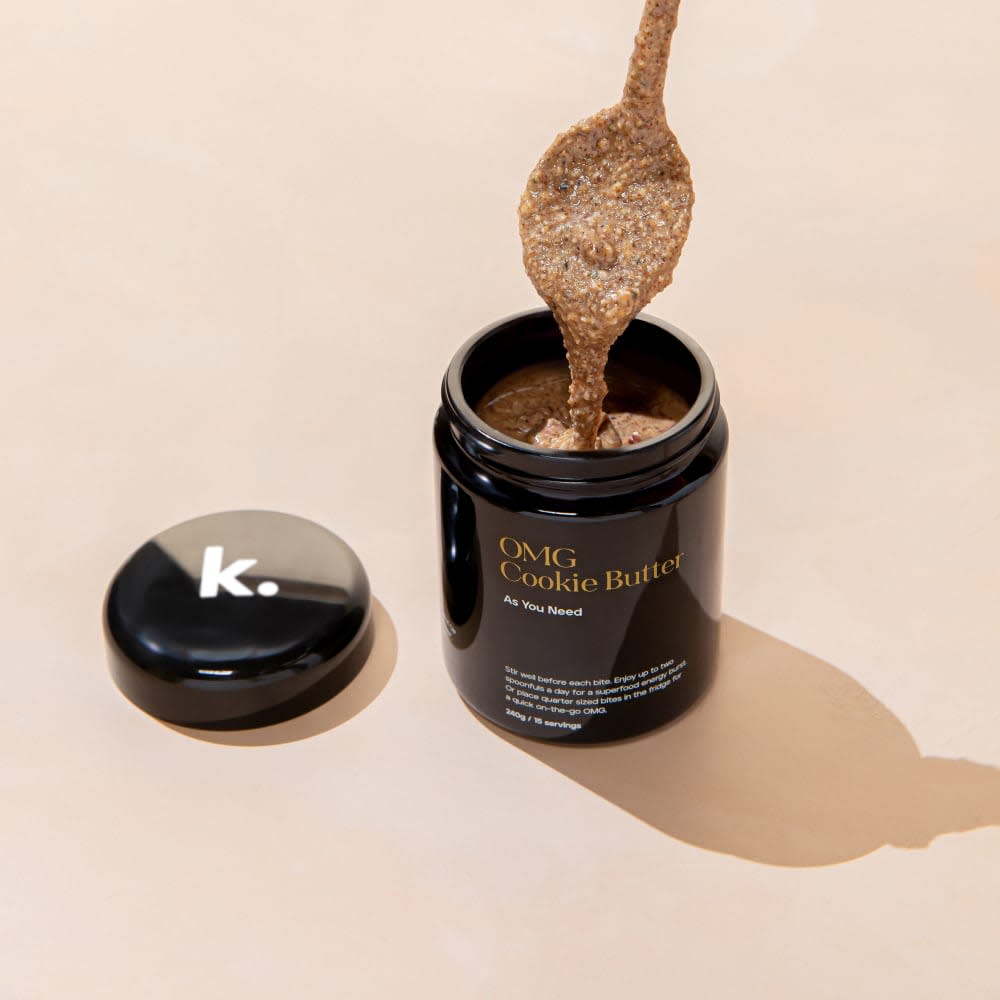
What Are the Health Benefits of the Keto Diet?
There are a lot of benefits to the keto diet, including potentially supporting weight loss, balancing blood sugar, and cognitive support. Let’s look at these three benefits more in-depth.
Could Help Balance Blood Sugar
The keto diet is all about eliminating carbohydrates (which your body processes as glucose) to burn fat instead of glucose. As such, the keto diet can help balance blood sugar in that it naturally is helping you limit your sugar intake. Additionally, in supporting your blood sugar, keto can also help with your blood pressure levels as well.
Cognitive Support
As shown in this 2020 study on the Mediterranean and Keto diets, cognitive impairment can be prevented or delayed through the incorporation of either of these diets. With keto, you’re selecting healthy fats, reducing carbohydrates (that process in your body like sugar), and prioritizing a moderate protein intake. Your brain needs fat and protein to grow and repair itself and maintain health as it ages.
Could Support Weight Loss
Though this may be an obvious point, since keto is a diet, it’s important to note how keto might be able to support weight loss. The primary objective of the keto diet is to create a state of ketosis in your body which, in turn, marks high levels of ketones.
Ketones are naturally produced when you are fasting, which can also support weight loss. Our broths, both of which can be incorporated into a keto diet (or used in concert with fasting), offer weight support by being nutrient-dense while still relatively low calorically.
By prioritizing the intake of healthy fats and virtually eliminating carbohydrates and high-sugar foods, your body can lose weight given the restructuring of your diet. In addition, by paying more attention to the kinds of foods you eat, when, and how you are getting nutrition into your body, you may become more mindful of how you are eating.
What’s the Best Way To Eat a Keto Diet?
As with any diet, it’s important that you consult with your medical team before endeavoring into a transformation of your diet or lifestyle. A high-fat, moderate-protein, low-carbohydrate diet is not generally how the majority of people normally eat.
The best way to eat a keto diet is to research what kinds of foods you can and can’t have, evaluate your dietary restrictions, allergies, and sensitives against that food list, and plan out your meals from there. It can be difficult to eliminate sugar and other yummy foods from your diet, so one of our suggestions is to find keto-friendly alternatives that will satisfy your cravings for something sweeter.
Our OMG Cookie Butter is a vegan, gluten-free, and guilt-free superfood spread. Nuts, Goji Berries, Almond Butter, and Ceylon Cinnamon are just some of the flavorful ingredients in this protein-rich snack that will have you wishing you had tried it sooner.
Our Broths also offer a delicious and easy way to get protein and nutrients without breaking your keto diet.

How Are the Mediterranean Diet and Keto Similar?
The Mediterranean diet and keto are similar in that they both embrace the presence of healthy fats in a diet and the reduction of sugar intake. Both diets allow for vegetables, nuts, nut butter, and meat to be consumed regularly, prioritizing healthy fats.
How Are the Mediterranean Diet and Keto Different?
Keto and the Mediterranean diet differ distinctly in the presence of carbohydrates. While the Mediterranean diet embraces whole grains and legumes as a staple part of the diet, keto does not incorporate carbohydrates.
The Mediterranean diet is a bit more flexible when it comes to what you can eat, whereas the keto diet breaks down acceptable and non-accepted foods based on whether they are going to contribute to your body’s ability to enter ketosis.
The Bottom Line
Whether you’re looking to lose weight, try a new way of eating, or are simply interested in learning more about the Mediterranean diet or the keto diet, this guide offers a concise overview of both diets. Why not see if Kroma’s 5 Day Reset can fit your diet to help give you a delicious new beginning?
The Mediterranean diet focuses on healthy fats, fresh vegetables, and whole grains, whereas the keto diet is all about high quantities of good fats, with virtually no carbohydrate intake. Select the diet that works best for you and your lifestyle.

